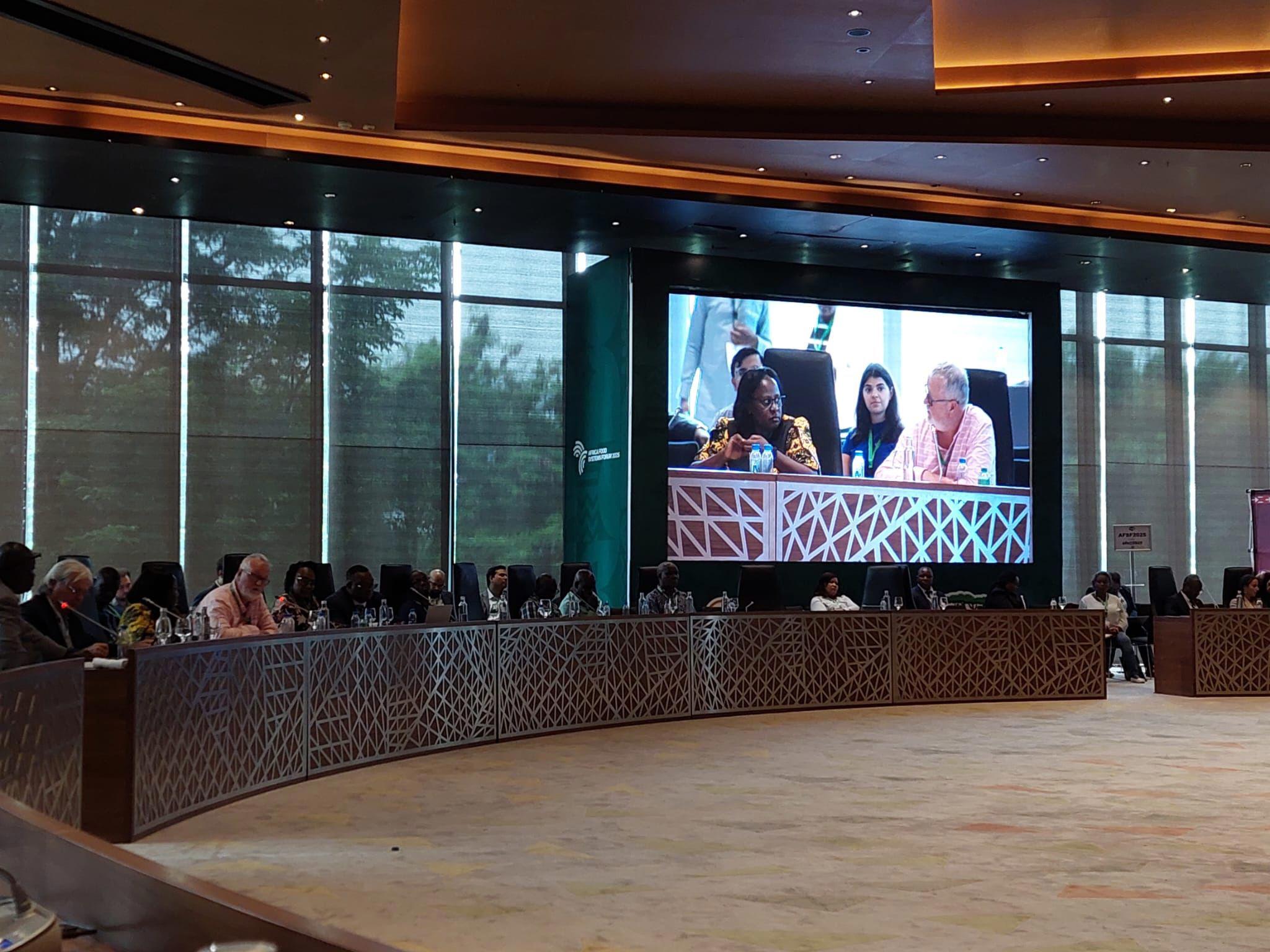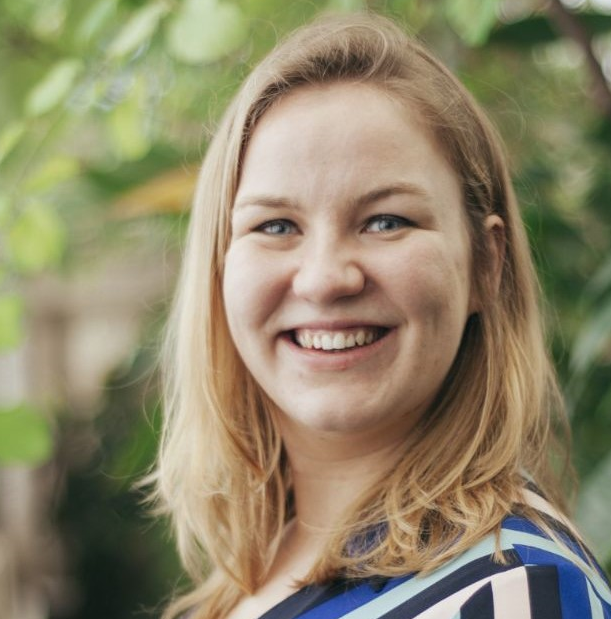At the Africa Food Systems Forum in Dakar this September, the spotlight was on food security. During a side event dedicated to “Advancing the Momentum of the Africa Fertiliser and Soil Health Action Plan”, the Coalition for Soil Information Systems in Africa (C4SISA) was presented by Martin Parr (CABI) as an initiative to address the continent’s soil data gap. The event, hosted by the African Union Commission (AUC), African Union Development Agency (AUDA-NEPAD), Forum for Agricultural Research in Africa (FARA) , AGRA, and the Africa Fertiliser and Soil Health (AFSH) coalitions, brought together policymakers, researchers, and development partners to accelerate implementation of the AFSH Nairobi Declaration.


C4SISA and AUSO: Bridging Africa’s soil data gap
Bridging Africa's soil data gap
Healthy soils are essential for producing nutritious food. By identifying which soils are rich or deficient in nutrients and water, soil data and information can inform strategies to improve crop productivity and quality. This, in turn, helps ensure a more reliable and diverse supply of nutrient-rich foods. Soil data is therefore critical to food security, yet only few African nations have a meaningful national soil information system to generate, manage, and use soil data and information effectively. C4SISA aims to change that by supporting African Union member states to generate, maintain, and use high-quality soil data to inform decisions that improve agricultural productivity, environmental quality, and climate resilience.
Led by FARA in partnership with ISRIC and CABI, and supported by the United Nations Food and Agriculture Organization (FAO), the coalition will develop partnerships that will:
Support countries in designing and implementing national soil information systems.
Build (technical) capacity and infrastructure at national and regional levels to support these systems.
Standardise and harmonise soil data across the continent.
Ensure open and FAIR (Findable, Accessible, Interoperable, Reusable) data practices.
Raise awareness and promote the importance of soil information in sustainable land management and policymaking.
Linking to the African Union Soil Observatory (AUSO)
C4SISA will connect national soil information systems to the upcoming African Union Soil Observatory (AUSO). The AUSO is being developed under the leadership of the Forum for Agricultural Research in Africa (FARA), with support from the EU Horizon programme and in collaboration with 23 consortium partners—more than half of whom are based in Africa. Importantly, the AUSO is a platform led by Africans and designed for Africa’s priorities.
The AUSO will serve as a central hub for coordinating and integrating soil data at the continental level. By creating an African-owned and Africa-driven soil observatory, the initiative will strengthen the sharing of soil health data and resources across countries, closing critical soil information gaps and supporting sustainable land management for the continent’s future.
AUSO builds on the achievements of the Soils4Africa project, an EU Horizon 2020 initiative. The Africa Soil Information System, developed as part of this project, will form the foundation for AUSO.
C4SISA and AUSO represent a coordinated response to challenges such as food security, climate resilience and sustainable land use with high quality soil data, combining national capacity-strengthening with continental integration.
